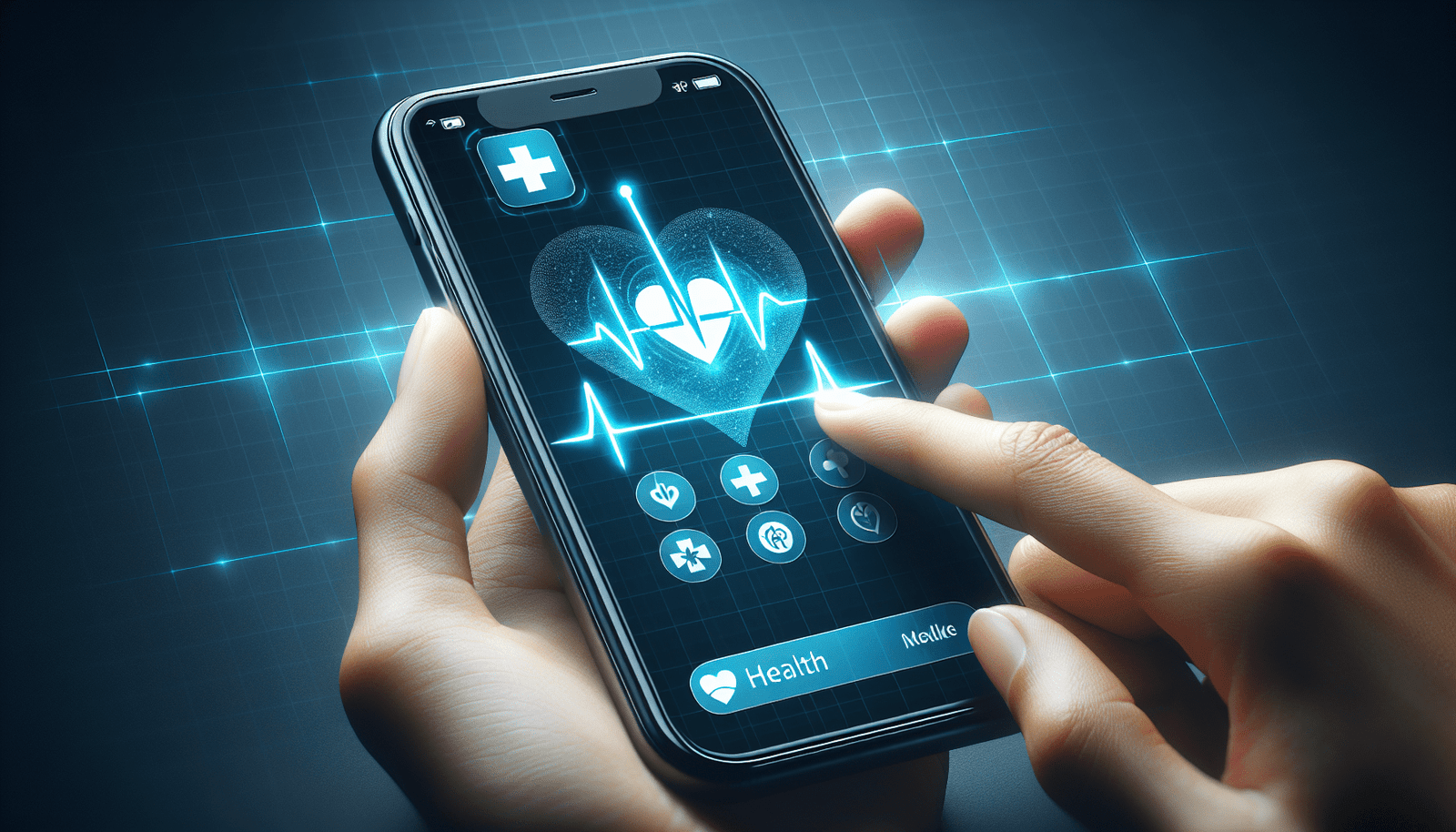Are Mobile Apps Really Revolutionizing Healthcare?
Mobile apps are becoming increasingly popular in various industries, including healthcare. These apps have the potential to revolutionize the way we access healthcare services, manage our health, and communicate with healthcare professionals. Let’s explore how mobile apps are making a difference in the healthcare industry and how they are changing the way we approach healthcare.
Improving Access to Healthcare Services
One of the key ways mobile apps are revolutionizing healthcare is by improving access to healthcare services. With the rise of telemedicine and virtual healthcare, patients can now access healthcare services from the comfort of their own homes. Mobile apps allow patients to schedule appointments, consult with healthcare professionals, and even receive prescriptions without ever setting foot in a doctor’s office.
Managing Personal Health Information
Another way mobile apps are changing healthcare is by allowing individuals to better manage their personal health information. By using health tracking apps, patients can monitor their vital signs, track their medications, and keep a record of their medical history. This not only helps patients stay on top of their health but also provides valuable information for healthcare providers during consultations.

Communicating with Healthcare Professionals
Mobile apps are also enhancing communication between patients and healthcare professionals. Through secure messaging platforms and virtual consultation features, patients can easily reach out to their doctors, nurses, or pharmacists with questions or concerns. This real-time communication can lead to faster responses, improved patient satisfaction, and better health outcomes.
Streamlining Appointment Scheduling
Gone are the days of waiting on hold to schedule a doctor’s appointment. With healthcare mobile apps, patients can easily book appointments with healthcare providers at their convenience. These apps often offer real-time availability information, reminders for upcoming appointments, and the ability to reschedule or cancel appointments with just a few taps on a smartphone.

Improving Medication Management
Medication management is a critical aspect of healthcare, especially for individuals with chronic conditions. Mobile apps are revolutionizing the way patients manage their medications by providing reminders to take medications, tracking medication adherence, and offering information about potential drug interactions. These features can help patients stay on track with their treatment plans and avoid adverse events.
Enhancing Remote Monitoring and Telehealth
Telehealth and remote monitoring have become essential components of modern healthcare, especially in light of the COVID-19 pandemic. Mobile apps are playing a crucial role in enabling remote monitoring of patients’ vital signs, symptoms, and overall health status. Through wearable devices and connected health platforms, healthcare providers can monitor patients remotely and intervene when necessary, leading to improved outcomes and reduced healthcare costs.
Customizing Health and Wellness Plans
Health and wellness apps are empowering individuals to take control of their health by providing personalized health and wellness plans. These apps take into account individual preferences, goals, and health conditions to provide tailored nutrition plans, exercise routines, and lifestyle recommendations. By offering personalized guidance and support, these apps can help individuals achieve their health and wellness goals more effectively.
Increasing Patient Engagement and Education
Mobile apps are also increasing patient engagement and education by providing easily accessible information about various health topics. From articles and videos to interactive quizzes and tools, healthcare apps are helping patients learn more about their health conditions, treatment options, and preventive measures. This increased education can empower patients to make informed decisions about their health and take an active role in managing their well-being.
Ensuring Data Security and Privacy
One of the primary concerns surrounding healthcare mobile apps is data security and privacy. Patients are rightfully concerned about the safety of their personal health information and the potential risks associated with storing sensitive data on mobile devices. To address these concerns, healthcare app developers must prioritize data security measures, such as encryption, secure authentication, and compliance with healthcare privacy regulations like HIPAA. Patients should also take steps to protect their data by using strong passwords, enabling two-factor authentication, and being cautious about sharing personal information.
The Future of Healthcare Mobile App Marketing
As healthcare mobile apps continue to revolutionize the healthcare industry, the future looks bright for digital health technology. With advancements in artificial intelligence, machine learning, and remote monitoring capabilities, healthcare apps are poised to become even more sophisticated and user-friendly. By leveraging the power of data analytics, personalized medicine, and predictive algorithms, healthcare mobile apps have the potential to transform the way we approach healthcare delivery, patient outcomes, and population health management.
In conclusion, healthcare mobile apps are revolutionizing the healthcare industry by improving access to healthcare services, empowering patients to manage their health, enhancing communication with healthcare professionals, and promoting better health outcomes. As technology continues to evolve and consumer demand for digital health solutions grows, we can expect to see even more innovative and impactful healthcare mobile apps in the years to come. By embracing the power of mobile technology and focusing on patient-centered care, healthcare providers and app developers can work together to create a healthier, more connected future for all.
